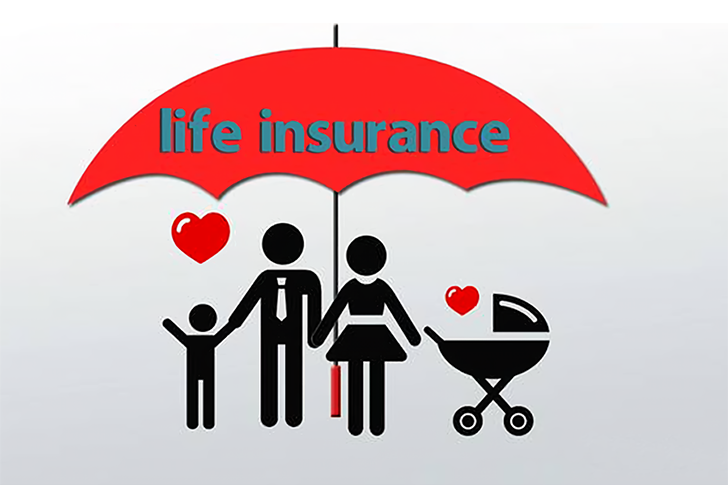Seniors Under 85: Life Insurance with No Payment Required
For many seniors, especially those under 85, the topic of life insurance often involves navigating a complex array of choices and decisions. Traditionally, life insurance has been used to provide financial security and peace of mind to families after the loss of a loved one. However, as we age, our financial situation and insurance needs can evolve significantly. In this article, we’ll explore the often-overlooked option of life insurance policies with no payment required for seniors under 85, detailing the benefits, limitations, and key considerations.

Understanding Life Insurance with No Payment Required
Life insurance policies with no payment required, often referred to as “paid-up” life insurance policies, are those that require no additional premium payments to maintain coverage. Typically, these policies are either paid-up whole life policies where the premiums are condensed into a few years, or are structured from the start to be without future payments. Another scenario may include policies where the policyholder pays premiums for a certain number of years and then no further payments are needed.
The main advantage of a paid-up policy is financial relief from monthly or yearly premium payments, which can be particularly beneficial for seniors managing fixed incomes in retirement. Additionally, these policies continue to provide beneficiaries with a death benefit and may accumulate cash value over time, depending on the specifics of the policy.
Options Available for Seniors
For seniors under 85 considering their life insurance options, it’s important to understand the types of policies that might permit a transition to a no-payment structure. Whole life policies are the most common type that can become paid-up. These policies have a fixed premium and payout, and they accumulate cash value, which can eventually cover the premium payments.
Term life insurance, on the other hand, requires ongoing payments throughout the term and does not usually offer a paid-up option. However, some term policies come with a convertibility feature which allows the policyholder to convert to a whole life policy, which could then be structured into a paid-up policy.
Additionally, universal life insurance, which is more flexible in terms of payments and benefits, can also be structured to eventually have no payments required, although managing such arrangements requires careful financial planning and advice.
Benefits of a Paid-Up Insurance Policy
Aside from relieving the burden of continuous payments, one of the primary benefits of a paid-up life insurance policy for seniors is the security of lifelong coverage. Importantly, the coverage continues even though the payments stop, providing peace of mind to policyholders that their beneficiaries will receive financial support after their passing.
Furthermore, if the policy has a cash value component, it may continue to earn interest or dividends, which can either increase the death benefit or be withdrawn or borrowed against during the policyholder’s lifetime. This flexibility offers a financial resource that can be particularly valuable later in life.
Considerations Before Choosing a Paid-Up Policy
While the advantages of such policies are significant, there are also some important considerations for seniors. First, the initial costs of qualifying for a paid-up policy can be considerable. Premiums for such policies are often higher in the initial years than those for policies requiring lifelong payments. Consequently, this option may not be feasible for all financial situations.
Additionally, the cash value of a policy might be lower compared to one that continues to require payments. This is due to the fact that the time during which premiums are paid is shorter, possibly limiting the cash value’s growth potential.
Finally, not all insurance providers offer paid-up policies, and terms can vary significantly between those that do. It’s crucial for seniors to shop around and possibly consult with a financial advisor to understand fully which options would best suit their needs and circumstances.
Final Thoughts for Seniors Under 85
Life insurance is a powerful tool for managing financial risk and providing for loved ones after you’re gone. For seniors under 85, exploring the possibility of converting to a paid-up policy can be a wise financial decision, especially if they are looking to reduce future expenses while maintaining security for their families.
However, because each individual’s financial situation is unique, it is advisable to consult with a life insurance expert or financial planner to navigate the options and implications effectively. By doing so, seniors can make the most informed decisions that align with their financial goals and provide reassured benefits for the future.







Recent Comments